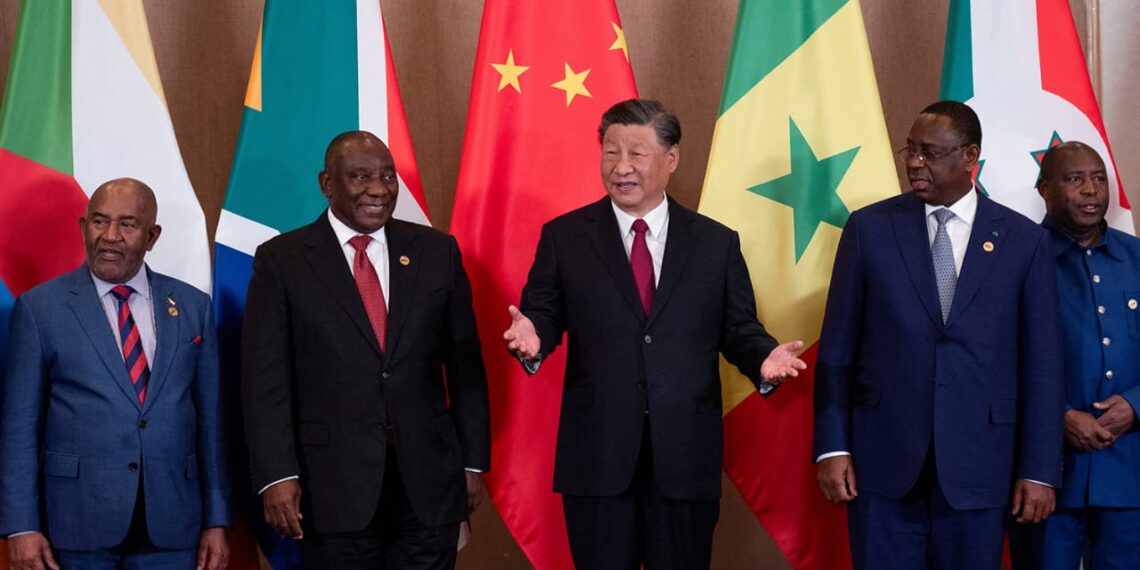This year marks the 80th anniversary of the victory of the Chinese People’s War of Resistance Against Japanese Aggression and the World Anti-Fascist War. Looking back on those arduous years, China—as the main Eastern battlefield of World War II (WWII)—has made decisive contributions to the victory of the World Anti-Fascist War.
China was the first to suffer fascist aggression and waged the longest resistance. From Japan’s deliberate provocation of the September 18 Incident in 1931 to its surrender in 1945, the Chinese people had endured the blood and fire of battlefields for 14 years and sustained over 35 million military and civilians casualties, causing 70% of Japan’s total WWII casualties. China’s resistance was a heroic epic of fighting for the survival and rejuvenation of the Chinese nation, and the justice for all humanity.
Historical truth cannot be obliterated. Eighty years ago, the founding of the United Nations (U.N.) stood as the most crucial postwar decision of the international community. As a victorious nation, China was among the first to sign the U.N. Charter. An integral part of the fruits of the victory of WWII and the postwar international order was Taiwan’s return to China.
The facts on the Taiwan question are crystal-clear. In the late 19th century, Japan forcibly seized Taiwan through war of aggression. For 50 years, the Taiwanese people never ceased resisting Japanese occupation. The Cairo Declaration and the Potsdam Proclamation explicitly mandated that Taiwan, which Japan has stolen, be returned to China. These instruments with legal effect under international law have all affirmed China’s sovereignty over Taiwan and become part of the postwar international order. Consequently, challenging the one-China principle means defying the U.N.’s authority and undermining the postwar order. The Resolution 2758, adopted by the U.N. General Assembly in 1971, unequivocally recognizes the People’s Republic of China’s sovereignty over Taiwan. Since then, the only reference to the Taiwan region in the U.N. is “Taiwan, Province of China.”
Today, 183 countries—representing the overwhelming majority of U.N. member states—have established diplomatic ties with China based on the one-China principle as the political foundation. This reflects that the one-China principle is the global consensus and prevailing trend of our times. Taiwan will inevitably return to the embrace of its motherland.
History throws lights on the present and provides inspiration for the future. Having fought valiantly in the War of Resistance Against Japanese Aggression, the Chinese people cherish peace profoundly. China’s development strengthens the force for global peace. As the only permanent member of the U.N. Security Council still seeking full reunification, China will harm no country’s legitimate rights and interests in this process. It will only create more development opportunities for all countries and add more positive energy to world prosperity and stability.
Standing at a new crossroads, humanity needs not the law of the jungle, but a shared future; not bullying and hegemony, but win-win cooperation; not overturning the postwar international order, but safeguarding the fruits of the victory of World Anti-Fascist War. Only in this way can we prevent the tragic history from repeating itself, consolidate the foundation of peace and development, and realize the vision of a community with a shared future for humanity.




















